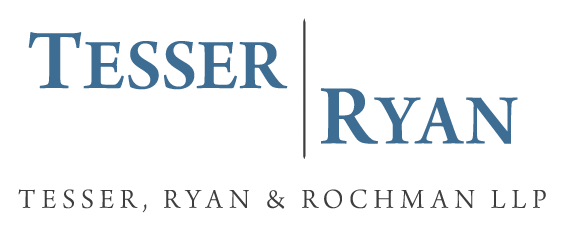What Happens if a Client Disputes a Lawyer’s Charge Posted on a Credit Card?
In New York, there are multiple avenues for clients to dispute attorneys’ fees, such as in court or through a Part 137 Attorney-Client Fee Dispute Resolution Program. However, some clients choose to take matters into their own hands and dispute the attorney’s credit card charge. Some credit cards give a service provider an opportunity to respond to a disputed charge before reversing the charge. In such cases, attorneys should be wondering how much, if any, information can be revealed to fight the claim.
The New York State Bar Association (“NYSBA”) has recently issued Ethics Opinion 1248 touching on this question. In its reasoning, NYSBA looked to Rule 1.6 of the New York Rules of Professional Conduct, which regulates what client information can be shared by attorneys and what must be kept confidential. Generally speaking, information is deemed by confidential if it is protected by attorney-client privilege, if it is likely to be embarrassing or detrimental to the client, or if the client has requested it be kept confidential.
Attorneys may wish to share engagement letters, time records, and other documents to show that a fee charged to a credit card was properly earned. If such information is not considered confidential under the definition above, it can be shared with the credit card company.
Even if the information the attorney wishes to share is confidential, it may be able to be shared if the client has consented to the disclosure. Attorneys may wish to consider requesting that their clients consent to the disclosure of confidential information for the limited purpose of defending a disputed credit card charge in advance of a dispute, such as in an engagement agreement. Keep in mind that such consent can be withdrawn at any time.
Even if the information is confidential and the client has not consented to its disclosure, the attorney still may be able to disclose the information if the disclosure is reasonably necessary to establish or collect a fee. Although this may seem like a catch-all that allows disclosure in any situation, it actually requires that attorneys exhaust other options before disclosing confidential information, such as speaking with the client and requesting that they withdraw the dispute.
While this analysis may seem straightforward, there are many factors that come into play in practice. Each of the determinations of whether information is confidential, whether a client has given valid consent to disclosure, and whether disclosure is “reasonably necessary” to collect a fee, is fact-dependent and fraught with grey areas.
NYSBA also cautioned that submitting an answer to a credit card dispute does not absolve attorneys of their obligations under the Part 137 New York State Fee Dispute Resolution Program, such as providing clients of a Notice of Client’s Right to Arbitrate.
If you are an attorney whose client has disputed a credit card charge and are seeking guidance, the attorneys at Tesser, Ryan & Rochman, LLP are experienced in dealing with all kinds of attorney-client fee disputes. Call us today at (212) 754-9000.
